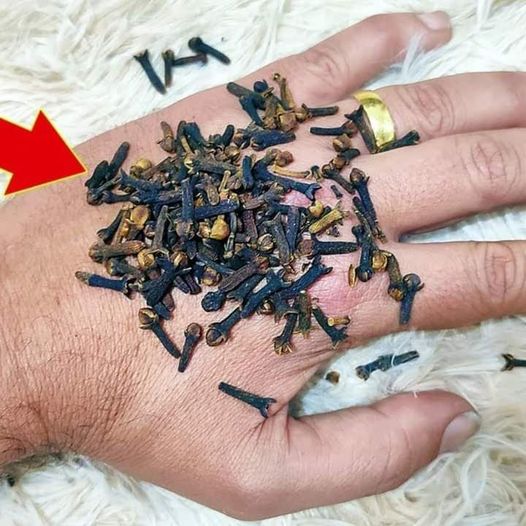Clove tea, a fragrant and flavorful beverage made from cloves, has been used for centuries in traditional medicine to address various health concerns. Renowned for its potent antibacterial, antifungal, and antioxidant properties, clove tea offers a natural and effective way to promote overall well-being. In this post, we will delve into the numerous benefits of clove tea, explore its preparation methods, and discuss its potential applications.
The Health Benefits of Clove Tea
- Boosts Immunity: Clove tea is packed with antioxidants that help strengthen the immune system, making it an excellent choice for combating colds, flu, and other infections.
- Soothes Sore Throat: The anti-inflammatory properties of cloves can help soothe a sore throat and reduce inflammation.
- Aids Digestion: Clove tea can stimulate digestion and alleviate symptoms of indigestion, such as bloating and gas.
- Relieves Toothache: Clove oil, a concentrated form of clove extract, has been used for centuries as a natural remedy for toothache. Clove tea can provide some relief from toothache pain.
- Reduces Bad Breath: The antibacterial properties of cloves can help to freshen breath and combat bad breath-causing bacteria.
- Promotes Oral Health: Clove tea can help to reduce plaque and prevent gum disease.
- Relieves Stress and Anxiety: The calming aroma of cloves can help to reduce stress and anxiety.
How to Make Clove Tea
Ingredients:
- 1 teaspoon whole cloves
- 1 cup boiling water
- Honey or lemon (optional)
Instructions:
- Boil Water: Bring a cup of water to a boil.
- Add Cloves: Add the whole cloves to the boiling water.
- Steep: Reduce heat and let the cloves steep for 5-10 minutes.
- Strain: Strain the tea to remove the cloves.
- Sweeten (Optional): Add honey or lemon juice to taste.
Tips for Making the Best Clove Tea:
- Use Fresh Cloves: Fresh cloves will provide a more potent flavor and aroma.
- Steeping Time: The longer you steep the cloves, the stronger the flavor will be. Adjust the steeping time to your preference.
- Sweeteners: Honey and lemon are popular sweeteners for clove tea. However, you can also use other natural sweeteners like maple syrup or stevia.
- Drink Warm: Clove tea is best enjoyed warm. Drinking it hot can help soothe a sore throat and relieve congestion.
Precautions and Considerations
- Pregnancy and Breastfeeding: Pregnant and breastfeeding women should consult with their healthcare provider before consuming clove tea, as excessive consumption may not be recommended.
- Allergies: Some individuals may be allergic to cloves. If you experience any adverse reactions, discontinue use and consult a healthcare professional.
- Blood Thinners: Clove may interact with blood-thinning medications. Consult with your doctor before consuming clove tea if you are taking blood thinners.
Clove tea is a versatile and flavorful beverage with numerous health benefits. By incorporating it into your daily routine, you can support your overall well-being and enjoy the many advantages it offers. Remember to consult with a healthcare professional if you have any underlying health conditions or concerns.
